Basement water damage hits hard, costing Americans over $3 billion every year 💸. And guess where it often starts? Right through the floor. Yep, that plain concrete slab isn’t as tough as it looks. Moisture sneaks in. Cracks form. Mold shows up uninvited. That’s where a concrete basement floor sealer comes in.
It’s one of the simplest ways to stop trouble before it starts. But not all sealers work the same. In this guide, we’ll break it all down—what to use, how to use it, and what to avoid. You’ll also see top-rated sealers that real homeowners trust.
Let’s get your basement sealed tight and done right ✅.
Heads up! 🔍 Some links in this post are Amazon affiliate links. As an Amazon Associate, we may earn a small commission if you click and buy—at no extra cost to you. 💰 Thanks for supporting our work! 🙌
Why Seal Your Concrete Basement Floor?

We already touched on moisture—now let’s go deeper. Water isn’t your only worry. A basement concrete floor sealer helps block more than dampness. It keeps mold from forming and spreading. That’s huge for your health 🧠 and your air.
Sealing also strengthens your floor. Less chipping. Less cracking. A cleaner, tougher finish that lasts. And here’s something many don’t know: unsealed concrete can let radon gas rise into your home. This invisible gas is a real concern in some areas. According to the EPA, radon is the leading cause of lung cancer among non-smokers in the U.S.
Bottom line? Sealing protects more than just your floor. It protects your home—and your family.
Types of Concrete Basement Floor Sealers
Not all sealers are built the same. The right choice depends on your basement needs.
Penetrating sealers soak deep into the concrete. They block water from the inside out. Silicates are great for basic moisture defense. Silanes and siloxanes offer stronger protection—but can cost more. These are invisible and don’t change the floor’s look.
Acrylic sealers sit on top. They’re easy to apply and budget-friendly 👍. But they wear out faster, especially with foot traffic. Think short-term fix.
Epoxy and polyurethane sealers are the heavy hitters 💪. Super durable. Perfect for finished basements or workspaces. They add shine and color, too. (We go deeper here—Epoxy garage floor coating.)
Before choosing a concrete basement floor sealer, think long-term. What’s the traffic like? Moisture levels? Your answer points to the best match.
How to Apply Concrete Sealer the Right Way—Step-by-Step Like a Pro
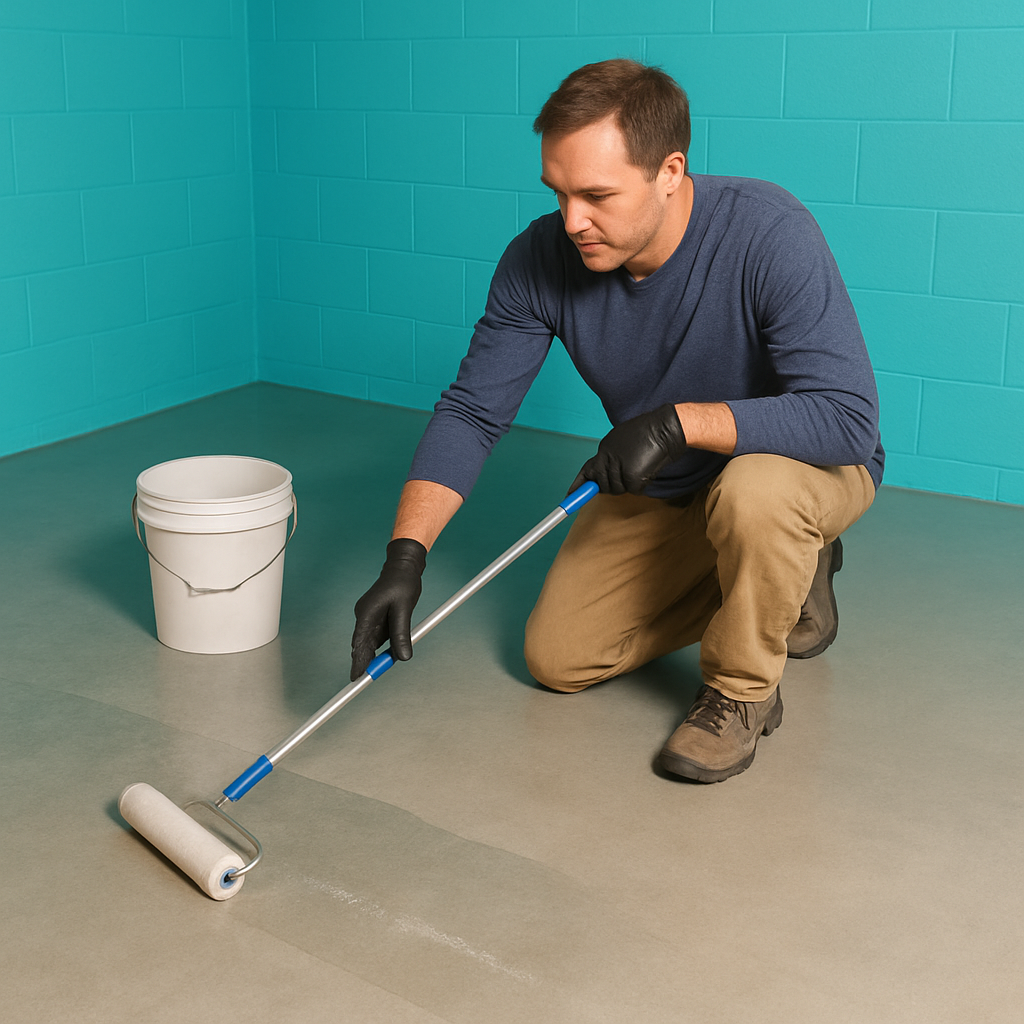
Sealing concrete basement floor? Start with prep—it’s the most important part. But first, here are a few items you’ll need:
🧰 Bucket
🧼 Degreaser or cleaner
🧪 Moisture test kit (or just plastic sheet + tape)
💨 Fan or dehumidifier (optional, for damp basements)
Now let’s walk through the process, step by step 👇
Step 1️⃣: Clean the Floor Really Well
Sweep up dirt and debris. Then scrub away any grease, oil, or paint. You can use a concrete floor cleaner if needed. A clean floor means better sealer grip.
Let it dry—fully.
Step 2️⃣: Check for Hidden Moisture
Tape plastic to the floor for 24 hours. Fog or water drops? Wait. Sealing damp concrete can lock in moisture and cause peeling later.
Step 3️⃣: Choose Your Tool
For small rooms, use a roller. Bigger areas? Go with a pump sprayer. Always follow your product’s instructions—some sealers need two coats.
Step 4️⃣: Work in Small Sections
Start at a far corner and move backward. Apply in thin, even coats. Avoid puddles and roller lines. Let the sealer soak in, not sit.
Step 5️⃣: Let it Cure—No Shortcuts!
Give it 24 to 72 hours to cure. Check the label for timing. Keep the space well ventilated during and after. That helps it dry right.
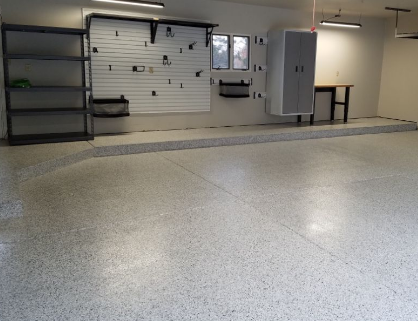
✨ Take your time. Do it once, and do it well. A properly sealed floor lasts longer, looks better, and stays protected for years.
3 Top-Rated Concrete Basement Floor Sealers to Try (from Amazon)
Want a concrete floor sealer for basement use that actually works? We’ve picked three top performers with solid ratings and great feedback from real users. Here’s what stands out:
1. Liquid Rubber Basement and Foundation Sealant
This one’s a go-to for serious waterproofing. It rolls on like paint but seals like a pro.
🗣 “It covered cracks and stopped seepage—total game-changer.”
✅ Flexible and thick, no mixing needed.
✔ Great for damp or leaky basement floors.
✅ Eco-friendly and low odor.
2. Concrete Sealer for Driveways (also works great for basements!)
Originally made for driveways, but homeowners say it performs just as well in basements.
🗣 “Used it in my basement—floor dried faster and stayed clean longer.”
✅ Easy spray or roll application.
✔ Leaves a nice low-sheen finish.
✅ Fast drying, good for light-traffic areas.
3. Armor SX5000 WB Concrete Sealer
A professional-grade water-based silane/siloxane sealer that dives deep.
🗣 “Basement feels less humid. No more chalky dust either.”
✅ Reduces water absorption up to 95%.
✔ Won’t change the look of your floor.
✅ Breathable and non-yellowing.
❌ Mistakes to Avoid When Sealing 👇

1️⃣ Skipping the Prep Work
Don’t just sweep and go. Clean deep. Remove old paint, dust, or oil stains. If the surface isn’t clean, the sealer won’t stick well—and it might peel later.
2️⃣ Sealing Damp Concrete
As mentioned earlier, moisture is a big deal. Always let your floor dry fully before sealing. Use a moisture test if unsure. Sealing over damp concrete traps water and leads to flaking.
3️⃣ Using the Wrong Sealer
Not all sealers work for basements. Some are too thin or not waterproof. Always choose the ideal concrete floor sealer for basement floors—like the ones we listed above.
4️⃣ One Coat Wonders (Not!)
Many DIYers stop at one coat. Big mistake. Most sealers need 2 coats for solid protection. Follow label instructions for the best results.
5️⃣ No Ventilation
Basements need airflow when sealing. Open windows or use fans. Some products release strong fumes. Venting keeps your space safer and helps it dry faster.
🛠️ Time to Seal It Up – You’re Ready!
Now you know what a difference sealing makes. No more guessing or second-guessing. You’ve seen the risks of skipping it…and the big wins when you do it right. With the right concrete basement floor sealer, you can block moisture. You can stop mold and boost durability!
So don’t wait for cracks or damp spots to ruin your basement. Pick your sealer, prep your tools, and get it done. A dry, clean, sealed floor is worth it. 💪
Let’s lock out damage before it starts.
Tried one of these sealers already? Have tips to share? Drop a comment below—we’d love to hear from you! 🗨️
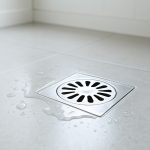

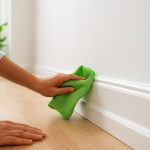


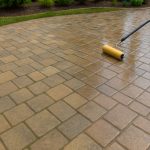

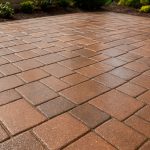


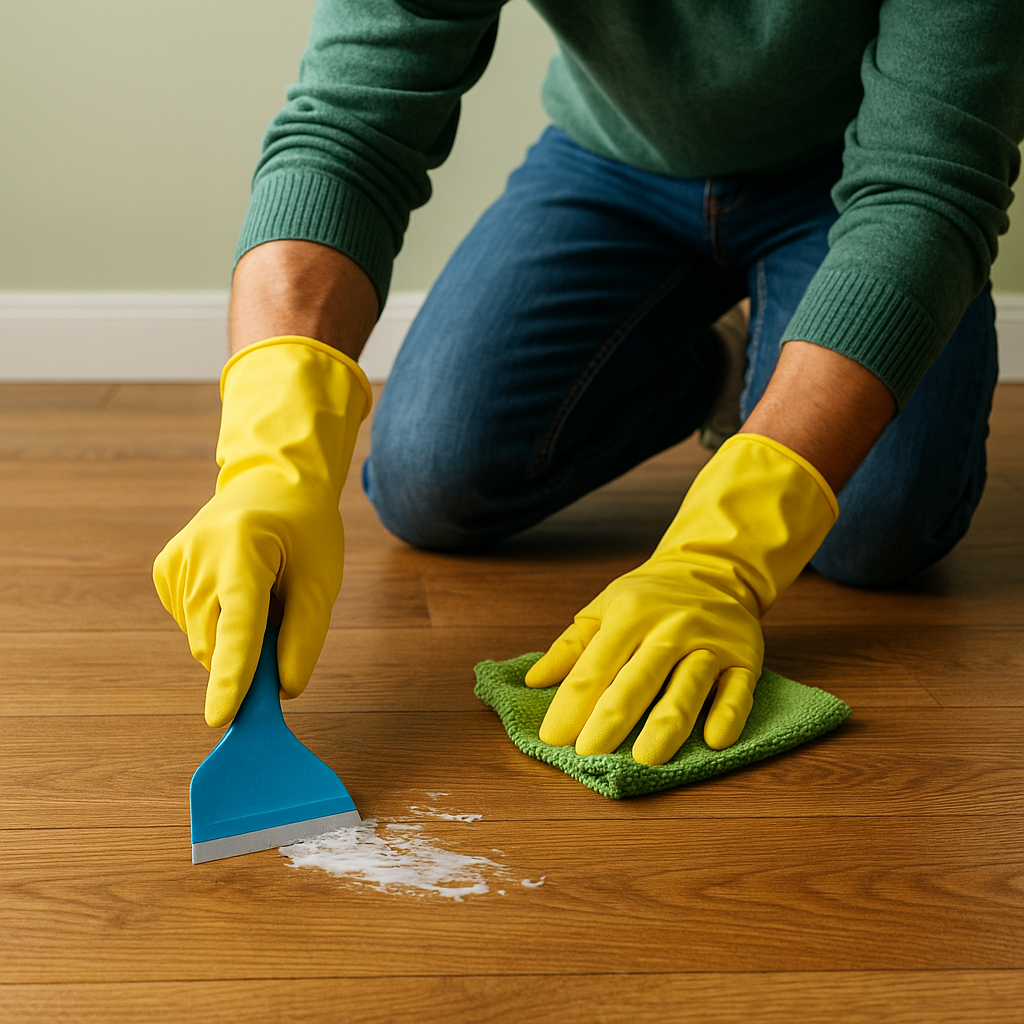
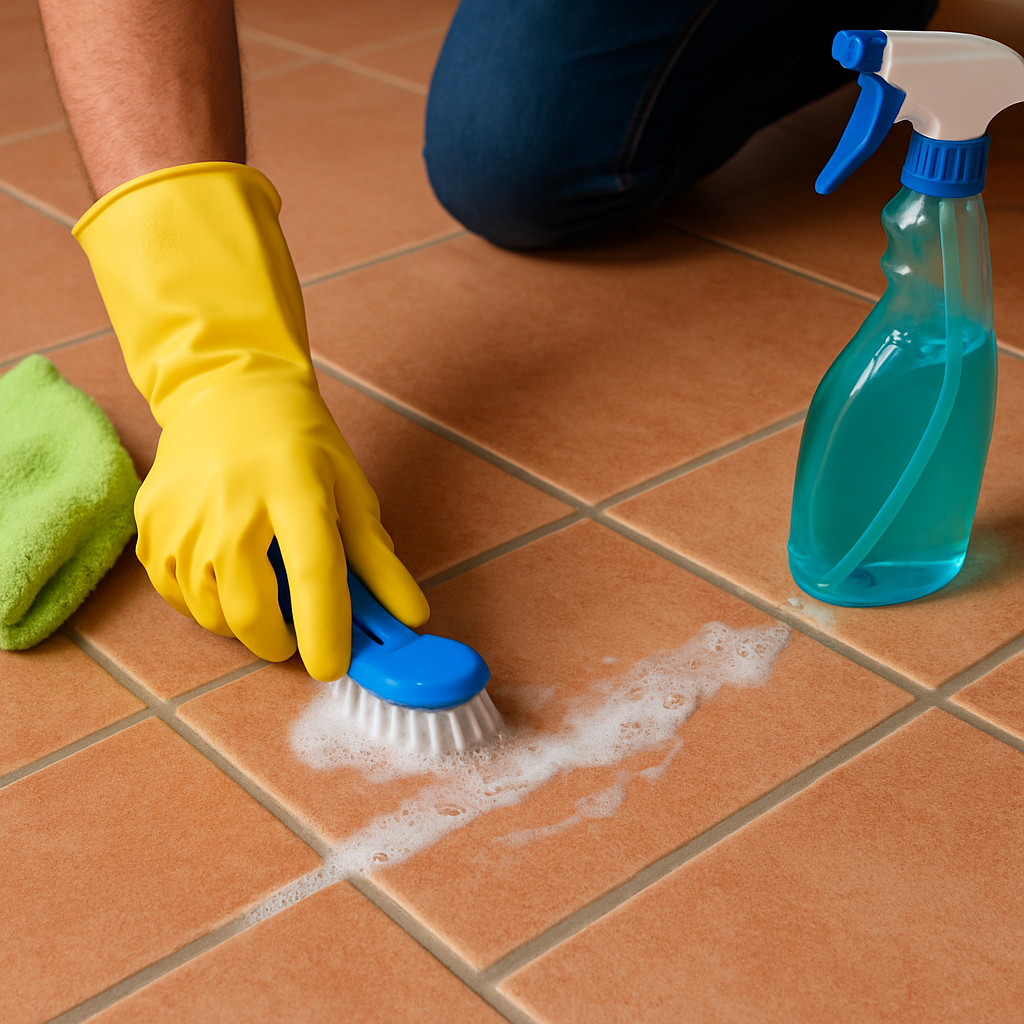
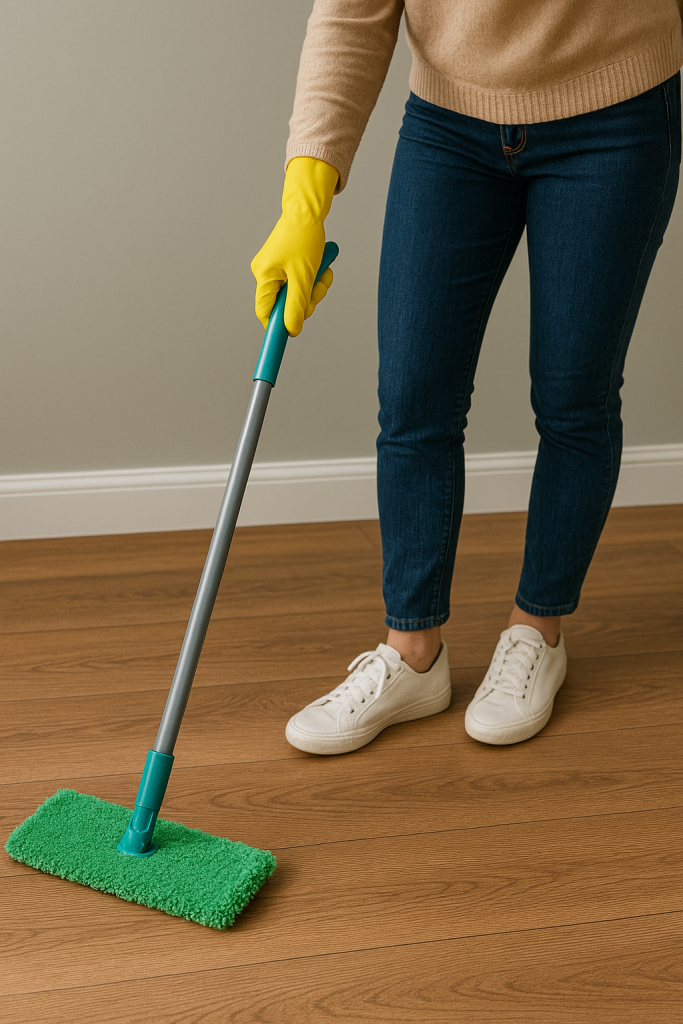
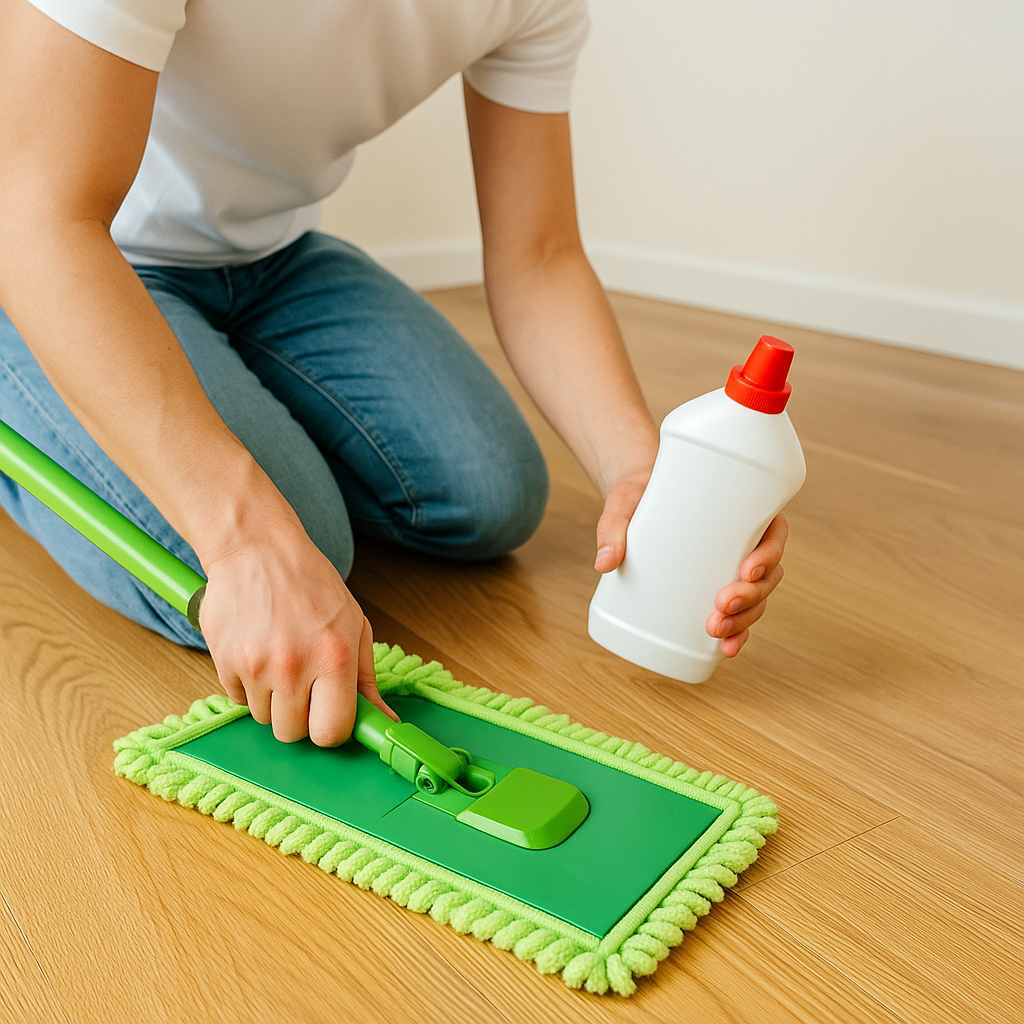
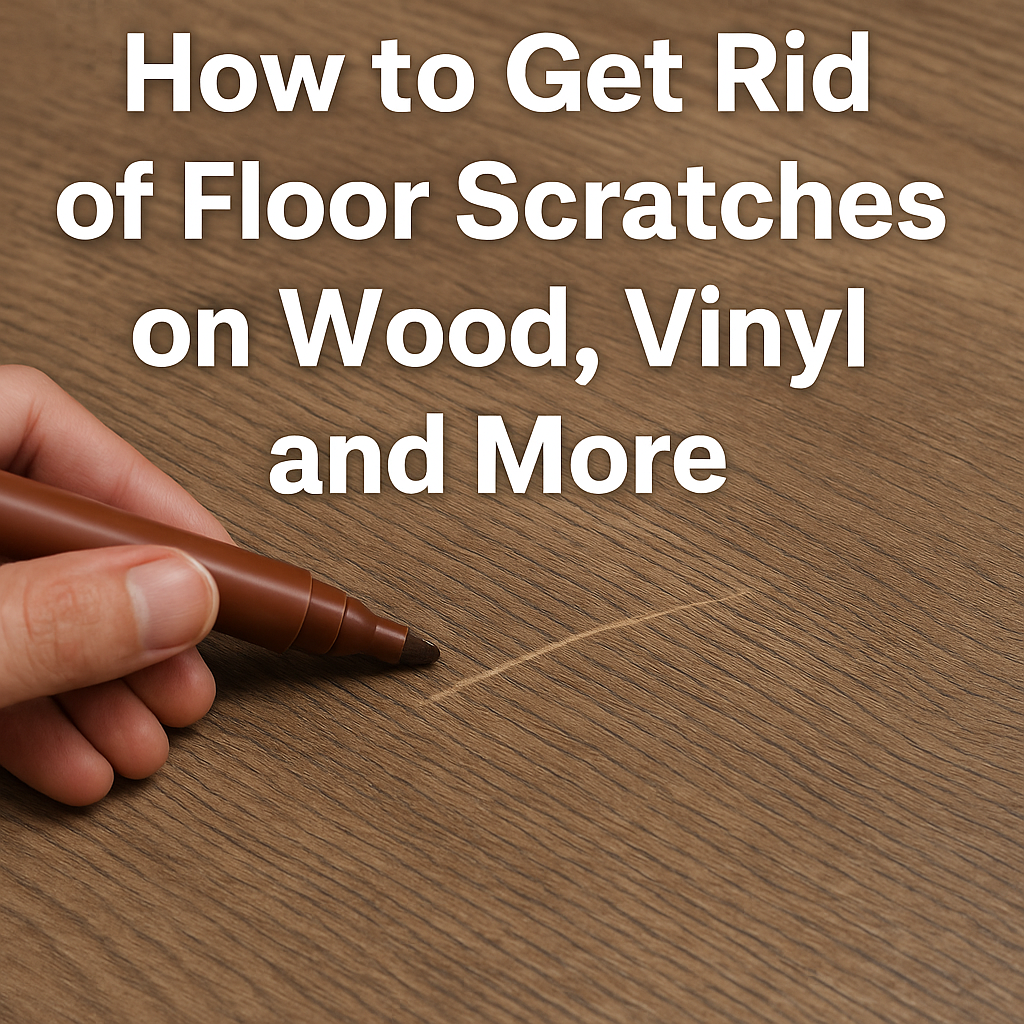
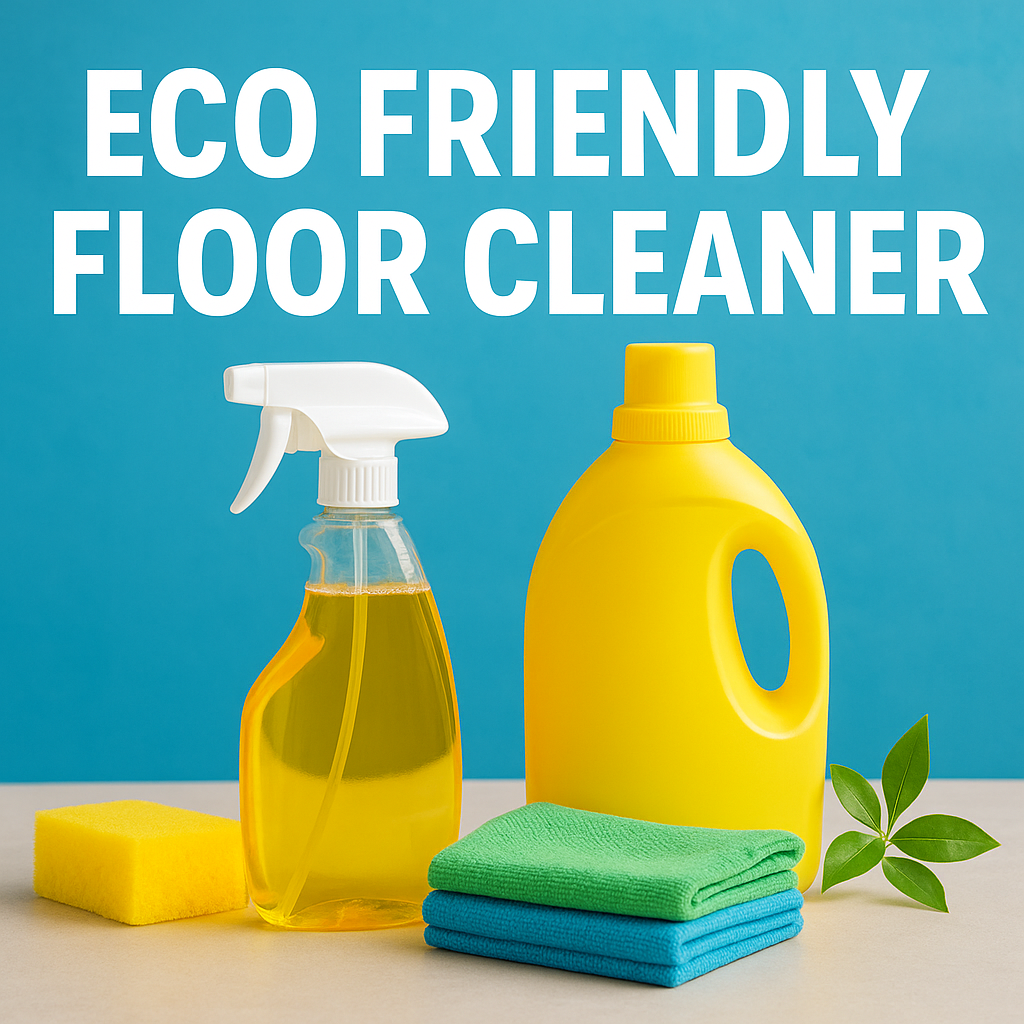
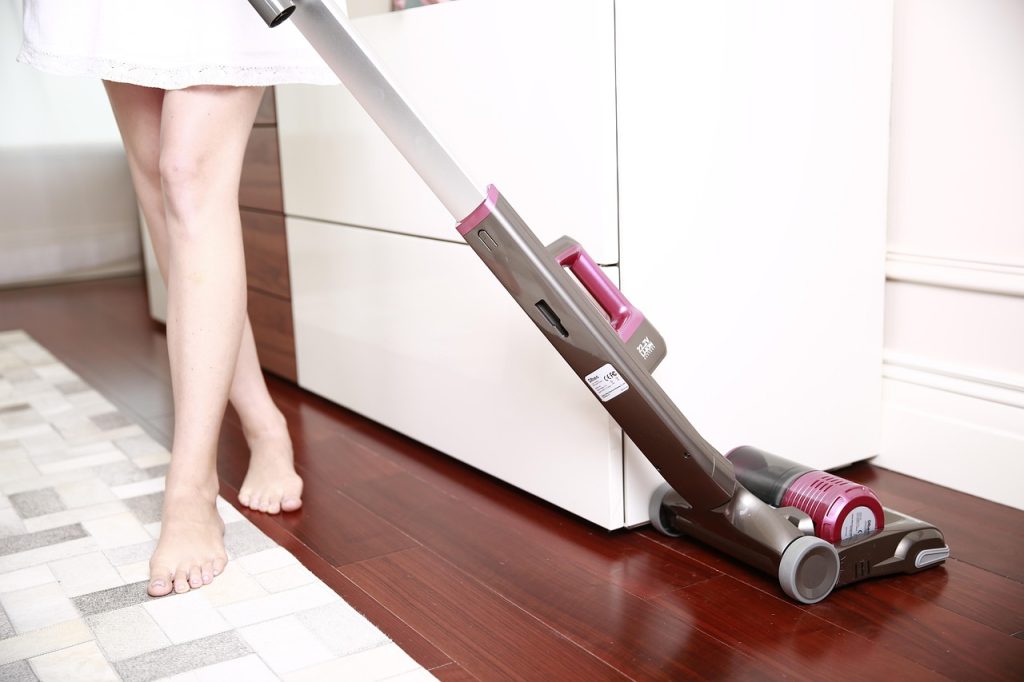
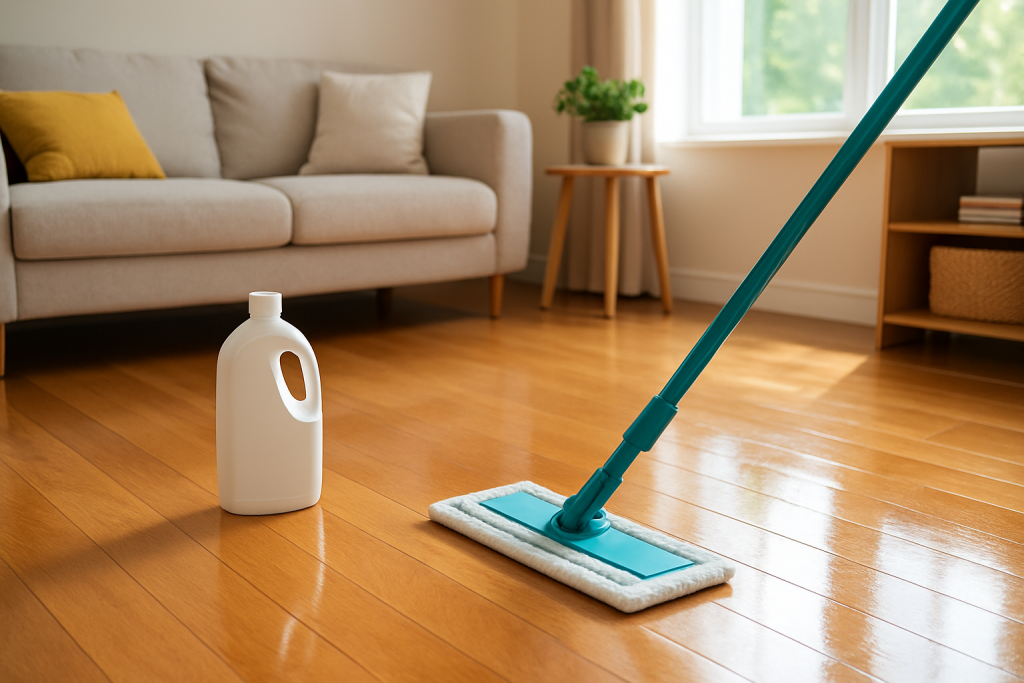
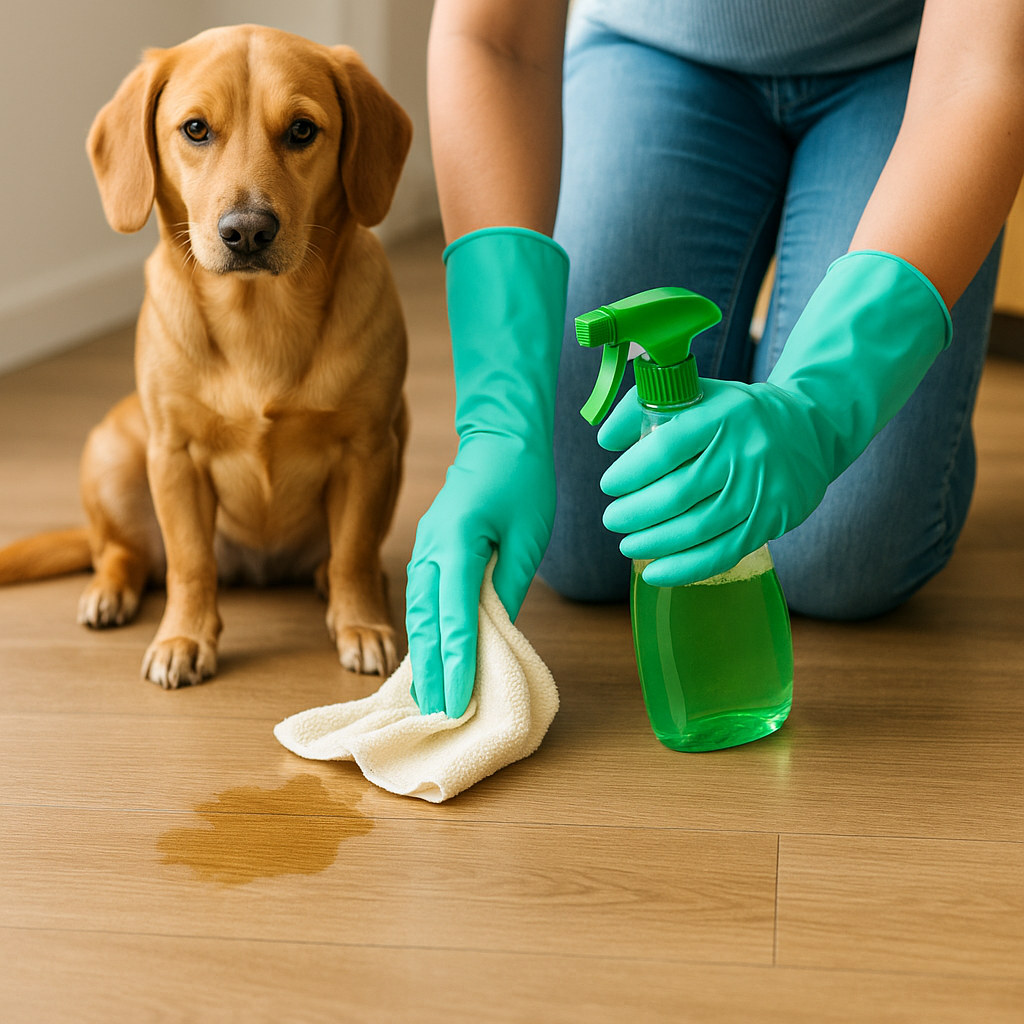
Leave a Reply